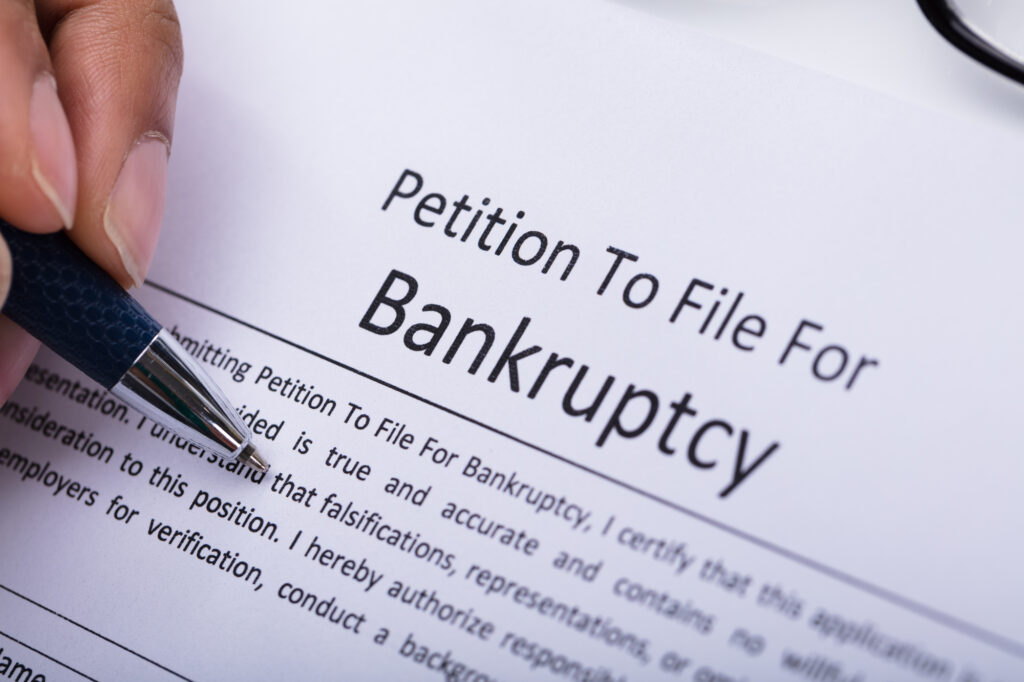Does Bankruptcy Alleviate Federal Tax Debt?

Bankruptcy can alleviate certain types of federal tax debt. However, it depends on the specific circumstances and the type of taxes owed. Here’s a breakdown:
Chapter 7 Bankruptcy: In a Chapter 7 bankruptcy, some federal tax debts may be dischargeable if they meet certain criteria. Generally, income taxes can be discharged if all of the following conditions are met:
- The taxes are income taxes (not payroll taxes or other types of taxes).
- The taxes are at least three years old. The three-year period typically starts from the due date of the tax return.
- You filed a tax return for the debt you want to have discharged at least two years before filing for bankruptcy.
- The tax assessment is at least 240 days old. This period may be extended if you had an offer in compromise or a previous bankruptcy filing.
- You did not commit fraud or deliberate tax evasion.
Chapter 13 Bankruptcy: In a Chapter 13 bankruptcy, you may be able to include federal tax debt in a repayment plan. This can allow you to repay your tax debt over time, typically three to five years, without facing additional penalties or interest. However, the debt is not discharged unless paid in full through the repayment plan.
Non-dischargeable Taxes: Certain types of federal tax debt are not dischargeable in bankruptcy, such as:
- Recent income taxes (taxes less than three years old).
- Taxes related to unfiled tax returns or fraudulent tax returns.
- Payroll taxes withheld from employees’ paychecks.
- Certain penalties and interest associated with tax debt.
Tax Liens: Bankruptcy may not eliminate tax liens on your property. While bankruptcy can discharge your personal liability for the tax debt, it typically does not remove tax liens from your property. This means that if you have a lien on your property before filing for bankruptcy, you may still be required to pay off the lien to keep the property.
It’s essential to consult with a skilled tax professional, like Frazier Gills or a bankruptcy attorney, to assess your specific situation and determine the best course of action. Bankruptcy laws and tax regulations are complex, and the outcome can vary depending on many factors, such as the type of taxes owed, the timing of the debt, and your overall financial situation.
